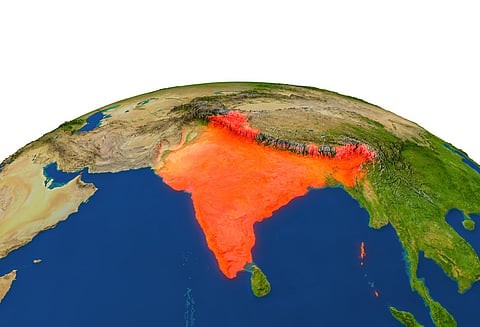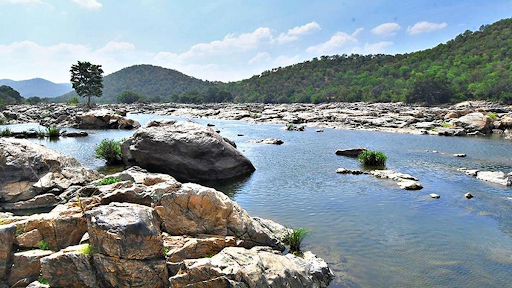





Copyright infringement not intended
Picture Courtesy: https://www.un.org/sustainabledevelopment/blog/2024/06/press-release-energy-progress-report-2024/
Context: According to a new report released by several international organisations, it was reported that global progress on basic energy access had taken a step back for the first time in a decade.
Details

Key Challenges and Findings
|
Electricity Access |
● Reversal in Progress: In 2022, the number of people living without electricity increased for the first time in over a decade, reaching 685 million. This marks a setback from previous years where steady progress was observed. ●Regional Disparities: Sub-Saharan Africa bears the largest burden, with 570 million people lacking electricity access, constituting more than 80% of the global deficit. Population growth in this region has outpaced efforts to expand electricity infrastructure. |
|
Clean Cooking Access |
●Stagnation in Improvement: Approximately 2.1 billion people globally continue to rely on polluting fuels and technologies for cooking. The number remained largely unchanged from previous years, highlighting persistent challenges in transitioning to clean cooking solutions. ●Health and Social Impacts: The reliance on traditional biomass and polluting fuels contributes to 3.2 million premature deaths annually due to household air pollution. It also disproportionately affects women, who spend significant time gathering firewood, impacting their economic participation and children's education. |
|
Renewable Energy Deployment |
●Positive Growth: Renewable electricity consumption increased by more than 6% in 2021, elevating the global share of renewables in electricity consumption to 28.2%. This growth is encouraging but not sufficient to meet SDG 7 targets comprehensively. ●Disparities in Deployment: Developed countries have significantly higher per capita renewable energy capacity compared to developing countries, indicating stark distributional inequalities. |
|
Energy Efficiency |
●Slow Progress: Energy intensity improved by 0.8% in 2021, an improvement from previous years but still below the necessary pace to achieve SDG 7 targets. Accelerated efforts are required to enhance energy efficiency, especially amidst global economic recovery post-pandemic. |
|
Financial and Policy Support |
●Investment Challenges: There remains a significant disparity in clean energy investment, with 80% concentrated in just 25 countries. International public financial flows to support clean energy in developing countries rebounded to USD 15.4 billion in 2022, yet this amount is insufficient compared to peak levels seen in previous years. ●Policy Imperatives: The report emphasises the urgent need for enhanced financial, technological, and policy support to bridge the energy access gap and ensure equitable progress towards SDG 7. |
|
Health and Environmental Impact |
●Public Health Crisis: The WHO highlights that household air pollution from traditional cooking fuels is a major health risk, exacerbating morbidity and mortality, particularly among vulnerable populations. |
Recommendations and Calls to Action
Conclusion
Must Read Articles:
Source:
|
PRACTICE QUESTION Q. Analyze the tensions between promoting economic growth and ensuring equity and inclusivity within the framework of the Sustainable Development Goals (SDGs). How can policies strike a balance to ensure no one is left behind? |






© 2025 iasgyan. All right reserved